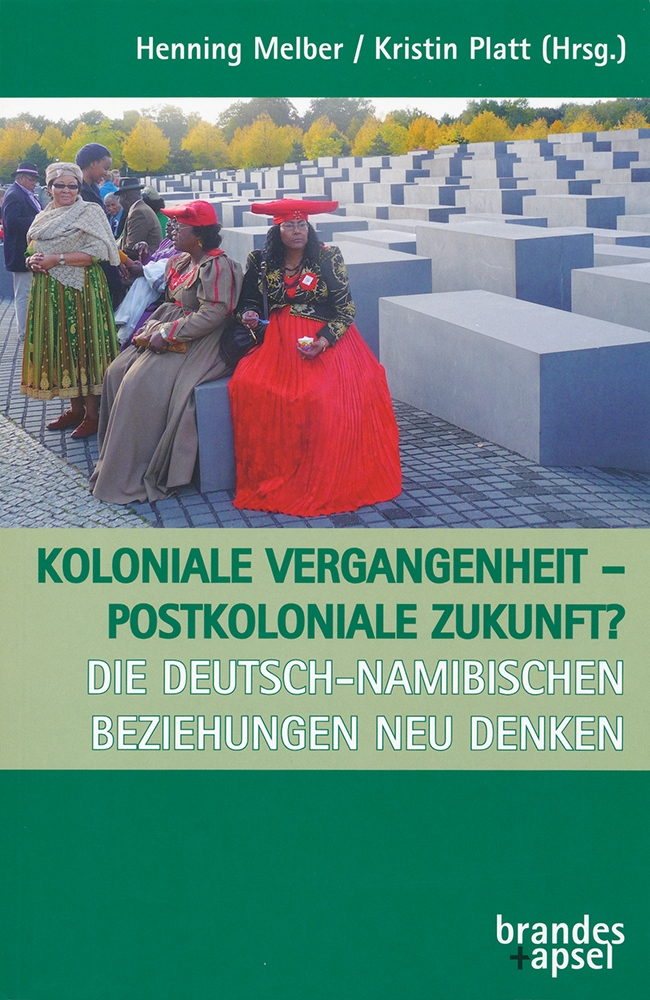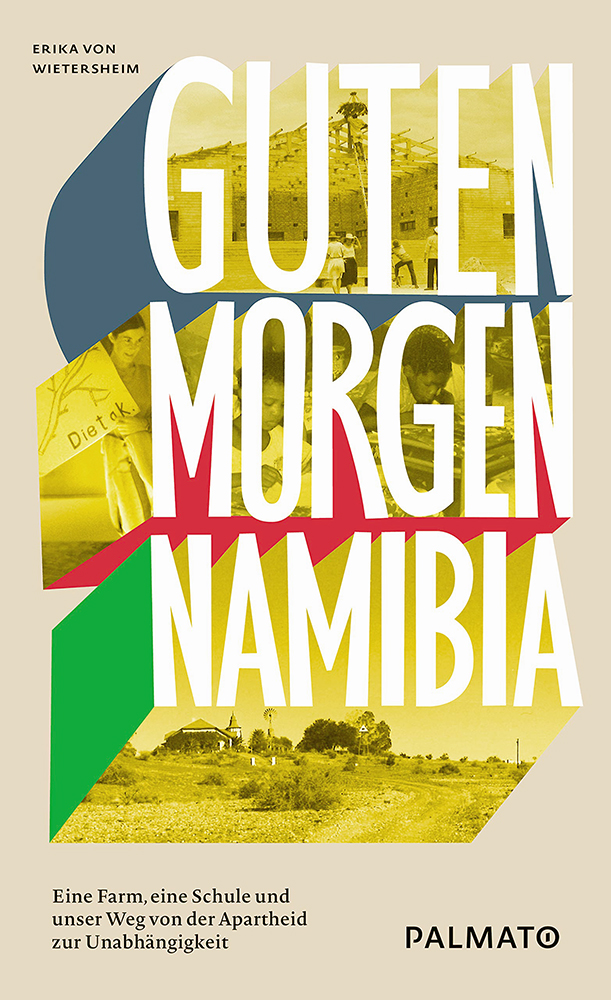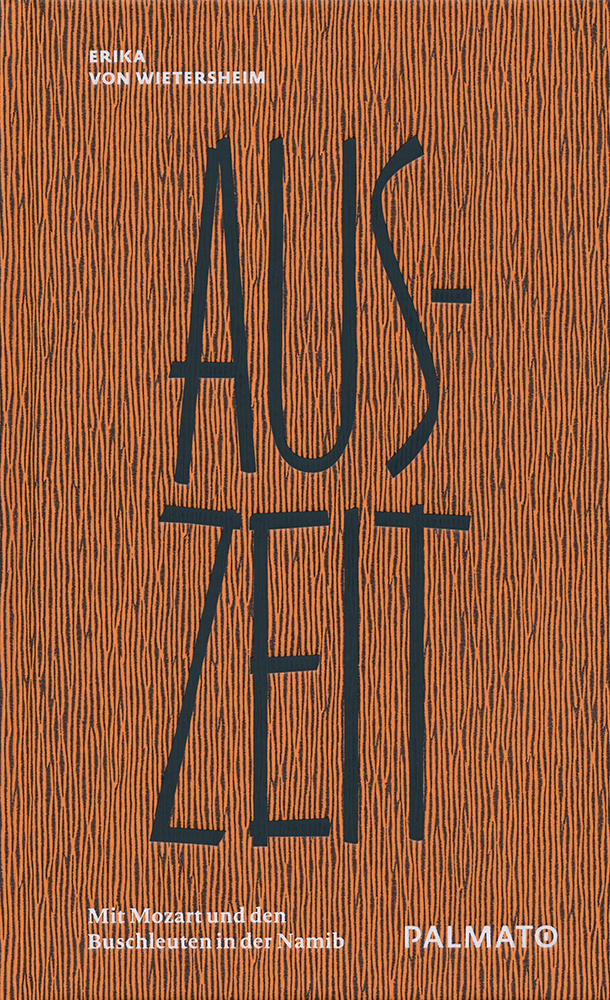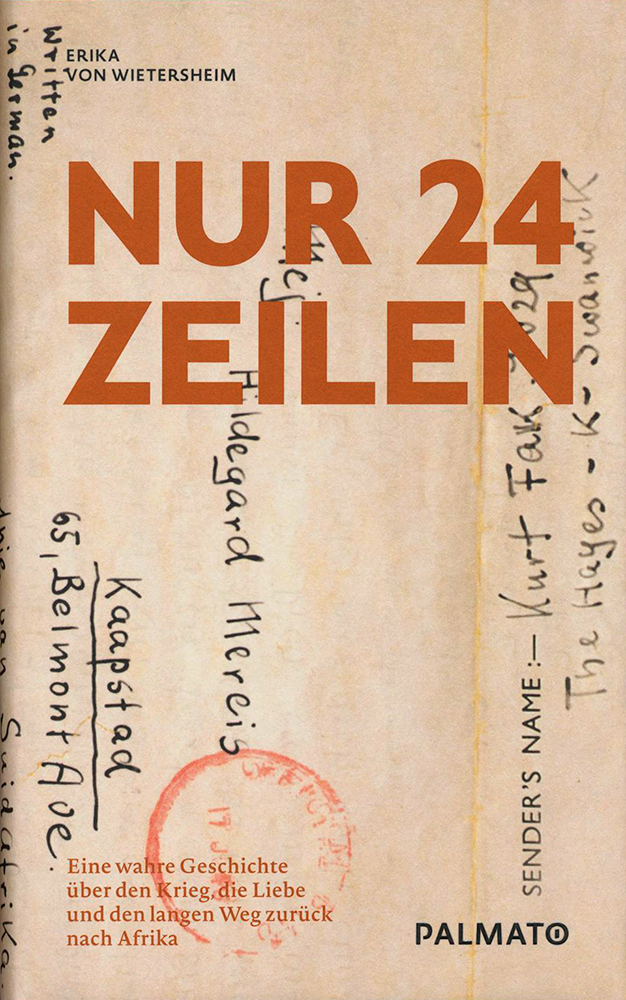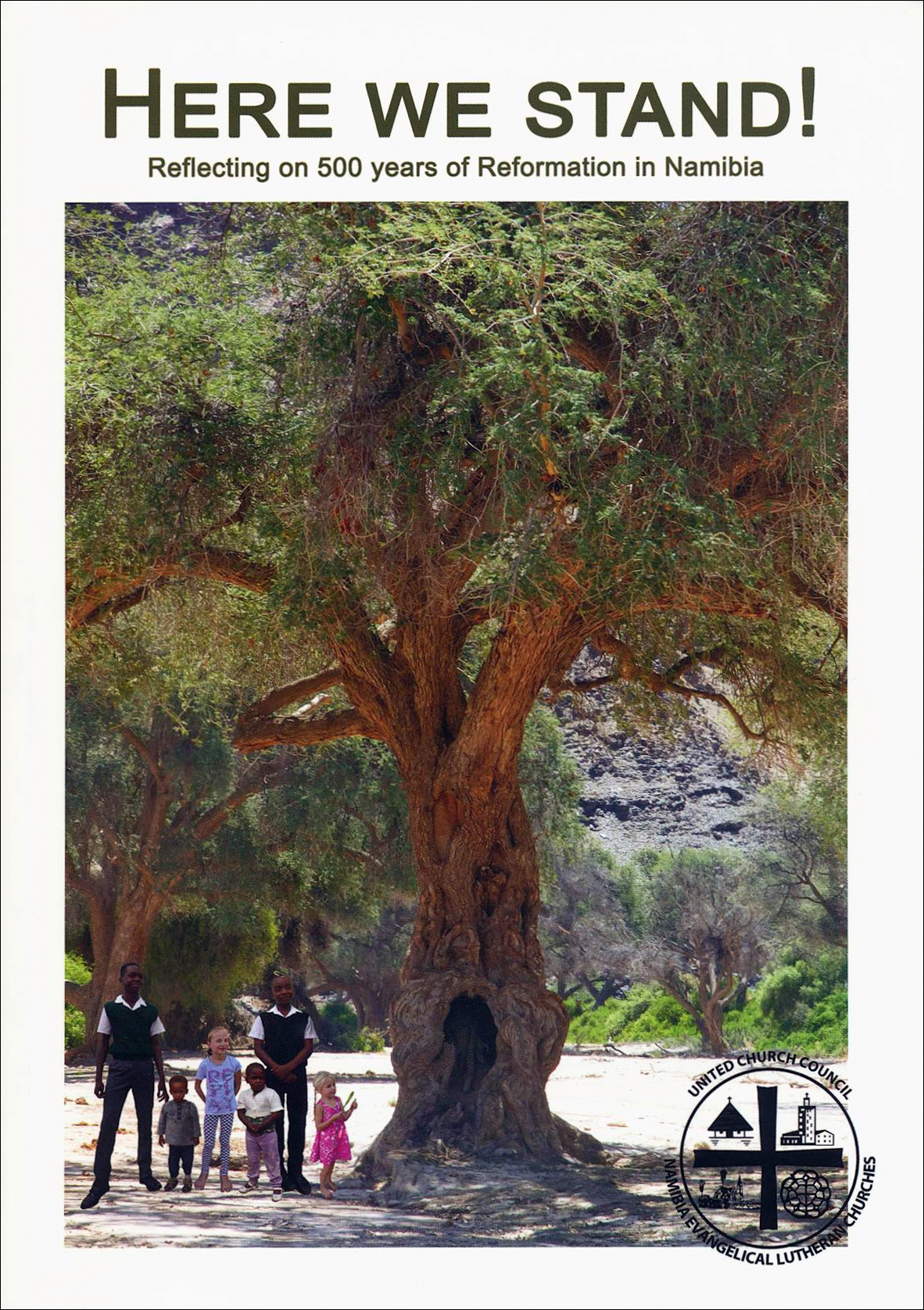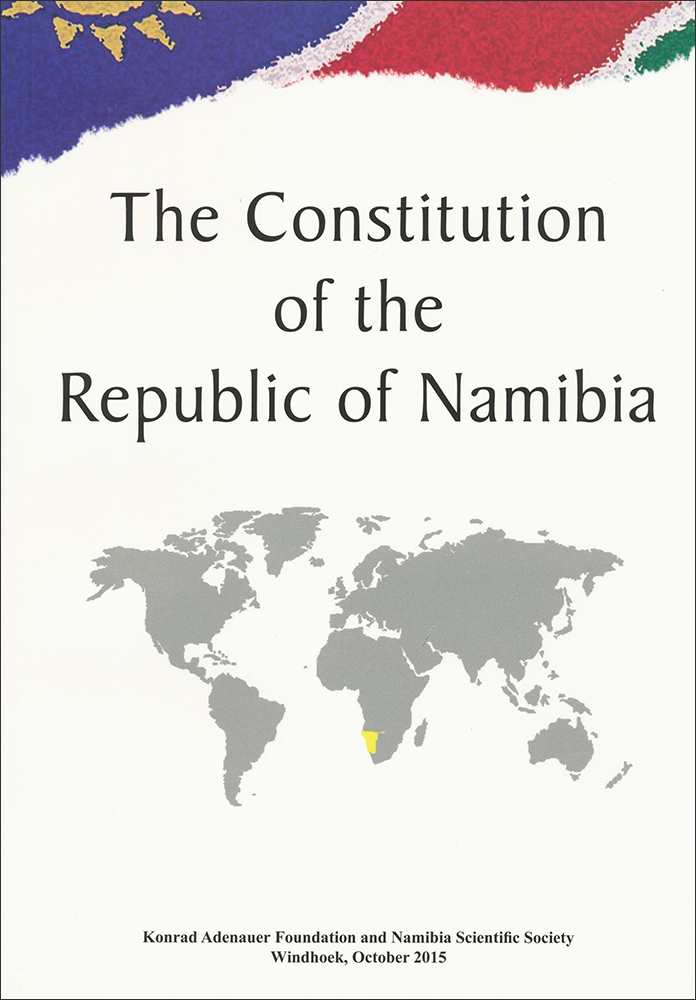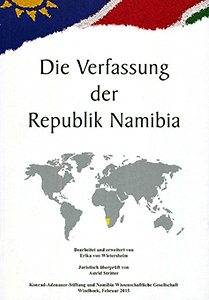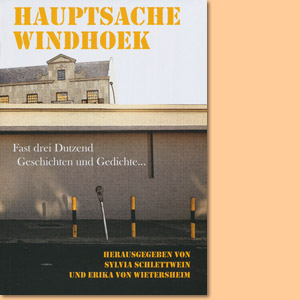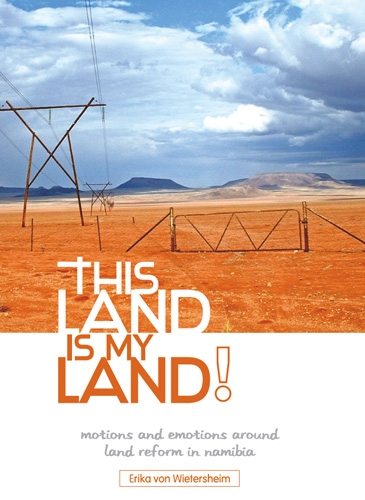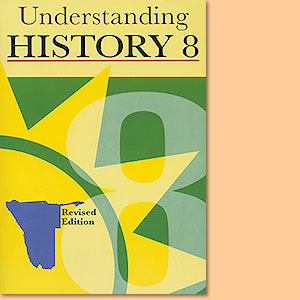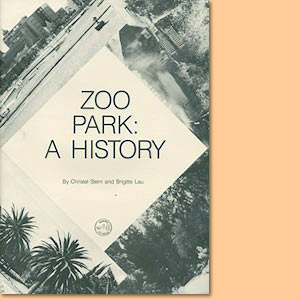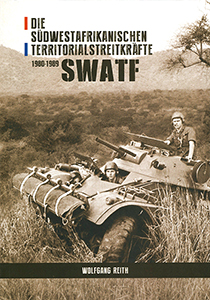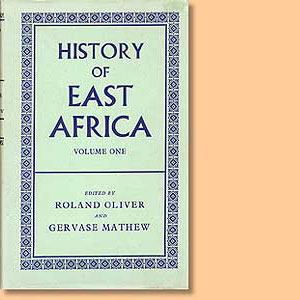Understanding History. Grade 8 Revised edition, by B. O'Callaghan; E. von Wietersheim; D. Goosen; P. Berens
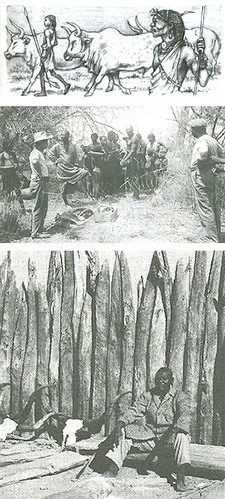
Understanding History. Grade 8 Revised edition, by B. O'Callaghan; E. von Wietersheim; D. Goosen; P. Berens.
Understanding History is a Grade 8 school book and revised edition from Namibia, by B. O'Callaghan; Erika von Wietersheim; D. Goosen; P. Berens
First Chapter: Studying history
What is history? History is the story of the past. We study history to see how events that took place in the past have shaped, and continue to shape our lives today. Knowledge of events and people in history helps us to understand and appreciate our own histories and those of other peoples and societies. In this section you will learn more about how and why history is studied. History: The story of our past History is a never-ending story about people and events. We do not know where or when this story began. Even though we know that humanlike apes existed more than 3 million years ago in southern Africa, we do not know exactly when, where or how the first human beings lived. Furthermore we do not know when history will end, because today is tomorrow's history. History is not a single story but a collection of millions of stories - stories about heroes and leaders; stories about ordinary people; children like you; your family; stories about wars; stories about disasters; stories about political and economic development; stories about buildings like schools and churches; stories about transport, technology, electricity, sport, medicine. Only if we combine different kinds of stories about great events with stories about ordinary life will we get a picture of what the past was like... How do we study and record the past? An historian is someone who studies history. They not only read or listen to stories about events and people in the past, but also try to find out new facts about our past. To do this, they need certain skills, and training. Historians study old documents such as court reports, letters and diaries. They learn how to accurately interview people who remember past events. They also need to learn how to test the truth and accuracy of stories and reports. Another important skill a historian is trained in is the method of recording historical findings. Recording means writing down information about the past or the present in order that other people can use it later. This must be done in an orderly way. One method of doing this is to arrange historical events chronologically. Facts are arranged in the order in which they occur so that we know what happened first and what happened later.
Before people developed the skill of writing, they used memory to record the history of their community. Older people told stories about past events to the younger people and children, who in turn retold these stories to their children. In this way knowledge of their history was preserved. The diary below shows the notes an historian made many years ago when he visited Great Zimbabwe. He drew pictures of what he saw, so that he could use the drawings to show other people what it looked like. When people established written language in order to communicate, they began writing about the things they did. They wrote them on walls and on monuments. They also wrote them in book form, on animal skins and different kinds of paper. Today we can find hundreds of books about historical events in libraries. Collections of original written documents, old photographs and public reports are kept in special libraries, called archives. You would also go to the archives if you wanted, for example, to read documents about the founding of your city or reports about local disasters like droughts, floods or earthquakes.
Old maps, clothes, toys, implements and weapons that were used long ago, as well as photos and pictures, are displayed in museums. Today history is also recorded on film, video, audiotape and on computer chips. How do we view the past? History is not a fixed body of facts and knowledge of the past. Each historian views or examines the past in a certain way. This depends on what the historian considers important. The example on the next page demonstrates that two records (the articles), from the same source (newspaper), dealing with one event (independence), offer very different information but still retain truth. One article records the event from the point of view of a nation, while the other records the event from the point of view of a boy. To be able to understand an event in the past it is necessary to examine a number of different views of that event. History, then, means not only studying what happened in the past, but also studying different views of what happened.
Views on history
Why do historians have different views? You have seen already that, as sources, people reflect different views of the same historical event. This can also happen when historians use different sources of information and evidence. One historian might have access to a wide range of written sources, documents and archives. Another historian with fewer resources must perhaps rely much more on oral sources. One historian may be mainly interested in sources that record the experiences of ordinary people, while another historian may be more interested in sources about recording the activities of political leaders and public affairs. Different views exist not only because historians have different sources available, but also because they choose to select different sources. But why do historians select different sources? And, when using the same source, why do they select different facts from the source?
Subjective and objective views
Historians, like any other people, have moral and political values which influence what they find important. During their lives they have also made their own decisions about what is good or bad for people. Even if historians make every effort to write the truth about the past they are always influenced by their own opinions or feelings. They can never be completely objective. (Objective means not influenced by own thoughts and feelings.) Historians will always bring in their personal values, feelings and experiences. This is called being subjective. In spite of this an historian should always strive to be as objective as possible. By studying as many sources as possible; by taking into account all kinds of views; and by studying personal values and feelings, historians attempt to reflect history more objectively. The more objective historians are, the more valuable their work is considered to be.
Did you know?
During wartime, governments sometimes change the news in such a way that it sounds as if their country is doing better than it really is. Changing history as it happens, or after it happens, or spreading false information to change the way people think, is called 'propaganda'. During wartime some countries have a department of propaganda. They make films and write articles and radio broadcasts which are not true. Historians using this kind of material as evidence have to be able to sort out what is true and what is not.
What have you learned?
1. Use the information given above to complete the following sentences which describe what history is:
a. History is the study of... and ... in the past
b. Historians usually record their findings in ... order, which means in order of time.
c. To understand past events we have to study different....
2. Choose one of the sentences above and write it into your exercise book. Now add a sentence of your own which tells you more about the sentence you have chosen. [...]
This is an extract from the school book: Understanding History. Grade 8 Revised edition, by B. O'Callaghan; E. von Wietersheim; D. Goosen; P. Berens.
Book title: Understanding History. Grade 8 Revised edition
Authors: B. O'Callaghan; Erika von Wietersheim; D. Goosen; P. Berens
Publisher: Longman Namibia
17th impression, Windhoek, Namibia 2005
Softcover, 18x24 cm, 284 pages, numerous bw-photos and illustrations
O'Callaghan, B. und von Wietersheim, Erika und Goosen, D. und Berens, P. im Namibiana-Buchangebot
Koloniale Vergangenheit – Postkoloniale Zukunft? Die deutsch-namibischen Beziehungen neu denken
Koloniale Vergangenheit – Postkoloniale Zukunft? Die deutsch-namibischen Beziehungen neu denken. Beiträge zur Komplexität von Erinnerungskultur, Verantwortungsübernahme und gesellschaftlichen Ungleichheiten.
Guten Morgen, Namibia!
Guten Morgen, Namibia: Erinnerungen an Farm Gras, die Schulzeit und den Weg von der Apartheid zur Unabhängigkeit Namibias.
Every December. Namibian Christmas: Stories, Reflections, Poems
Many Namibian authors have contributed to the book Every December. Namibian Christmas: Stories, Reflections, Poems.
Aus-Zeit: Mit Mozart und den Buschleuten in der Namib
Aus-Zeit: Mit Mozart und den Buschleuten in der Namib ist ein Bericht einer örtlich begrenzten Reise in Namibia und zu sich selbst.
Nur 24 Zeilen. Eine wahre Geschichte über den Krieg, die Liebe und den langen Weg zurück nach Afrika
Eine wahre Geschichte über den Krieg, die Liebe und den langen Weg zurück nach Afrika: 'Nur 24 Zeilen' ist ein biographisches Buch über Familienbeziehungen zu Zeiten Südwestafrikas und Namibias.
Here we stand. Reflecting on 500 years of Reformation in Namibia
Here we stand: Reflecting on 500 years of Reformation in Namibia includes articles by Namibian bishops, theologians, pastors, academics and lay members of the Lutheran community.
The Constitution of the Republic of Namibia
The Constitution of the Republic of Namibia including all Amendments, Namibian and African Union anthems, Namibian flags and seals, Resolution 435 Members of the Constituent Assembly 1982, and Constitutional Principles.
Die Verfassung der Republik Namibia
Dies ist die erweiterte Auflage (2015) der Verfassung der Republik Namibia in deutscher Sprache.
The agony of truth. Autobiography of Samson Ndeikwila
The Agony of Truth is Samson Ndeikwila's autobiography on SWAPO's ugly hidden secrets of unexplained deaths, disappearances, unjustified imprisonment, torture and accusations during the struggle for power in Namibia.
Hauptsache Windhoek
Die Sammlung Hauptsache Windhoek enthält drei Dutzend Geschichten und Gedichte über die Hauptstadt Namibias.
This land is my land! Motions and emotions around land reform in Namibia
This land is my land looks at what land reform in Namibia is all about and where motions and emotion have their origins.
Understanding History - Grade 8 Revised edition
Understanding History - Grade 8 Revised edition - includes all historical topics contained in the Current Junior Secondary History syllabus.
Weitere Buchempfehlungen
Zoo Park: A History. Documentation of the former Zoo Park (1887-1958) in the center of Windhoek.
The original Zoo Park architecture (1887-1958) has vanished. The Zoo Park is located in the center of Windhoek, this is its history documentation.
Die südwestafrikanischen Territorialstreitkräfte (SWATF) 1980-1989
Erstmals in Deutsch beschrieben: Die Geschichte der südwestafrikanischen Territorialstreitkräfte (SWATF) von der Gründung 1980 bis zur Auflösung 1989.
History of East Africa Volume 1
One of three standard setting Volumes in which the history of East Africa is studied from an African as well as from a European standpoint

